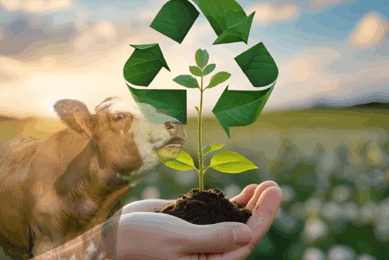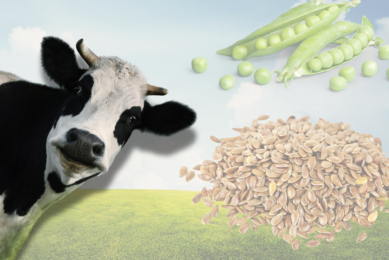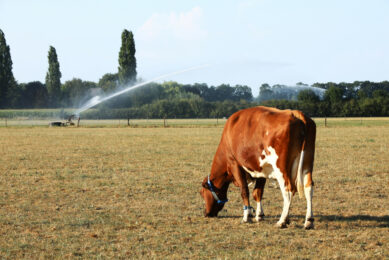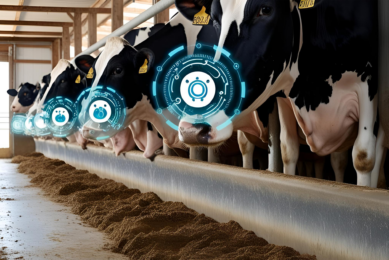Denmark plans to tax livestock greenhouse gas emissions
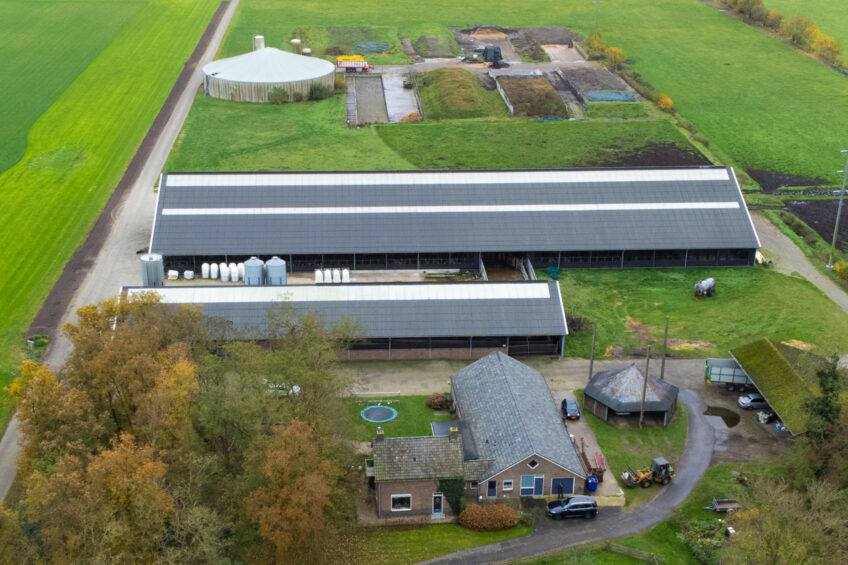
Denmark has revealed plans to become the world’s 1st country to tax greenhouse gas (GHG) emissions from livestock. The tax is to come into effect in 2030. Denmark also aims to reduce nitrogen emissions by 13,780 tonnes per year as from 2027.
Lars Aagaard Møller, Denmark’s minister for Climate, Energy and Utilities, announced those plans on Monday morning. The Danish government claimed the measures will lead to the “largest change of the countryside in 100 years”.
The measures enjoy broad political support in Denmark. Even several opposition parties also support the agreement. The ‘Danish package’ includes several heavy measures that will have a significant impact on Denmark’s agriculture. For example, farmers will have to pay €16 per tonne of carbon dioxide (CO2) and methane (CH4) emitted from 2030. That amount will increase to €40 per tonne in 2035.
New forests in Denmark
The Danish government has also announced making DKK43 billion (just under €6 billion) available to purchase agricultural land, on a voluntary basis. In Denmark, a total of 250,000 ha of new forests are to be added, as well as 5 national parks. In addition, 140,000 ha of low-lying land are to no longer be cultivated. By 2045, about 10% of the country will have to be converted into nature and forests.
It doesn’t come as a surprise that Denmark is launching those plans now. Last summer, the Danish government had already reached an agreement with representatives of the agricultural sector, industry, trade unions and part of the opposition. Back then, lower nitrogen emissions, water quality, the planning of new forests as well as a GHG tax were already on the agenda.
A Danish advisory committee concluded in 2022 that taxing farmers is the best and cheapest way to achieve reduction targets. The committee then concluded that farmers should feel pressure, because voluntary measures will have little effect.
The new regulations will likely affect dairy and beef farmers – in some calculations producers will have to pay about €130 per cow per year. The result is likely that the regulations will lead to more intensive and larger-scale farming.
Nitrogen emissions in Denmark
Just like in the Netherlands and in Belgium, nitrogen emissions are also an issue – and those get tackled as well. Annually, those are currently around 50,000 to 55,000 tonnes per ha – this is nitrogen that disappears into surface water. Farmers must reduce these emissions once by 13,800 tonnes in 2027, which is considered sufficient to prevent further deterioration of nature.
Farmers will account for 6,500 tonnes of this reduction, which can be achieved with various arable farming techniques. Farmer organisations see this as feasible. The remaining 7,300 tonnes of nitrogen will be reduced by taking agricultural land out of production, for example by allowing groundwater levels to be increased.
Join 13,000+ subscribers
Subscribe to our newsletter to stay updated about all the need-to-know content in the dairy sector, two times a week.



